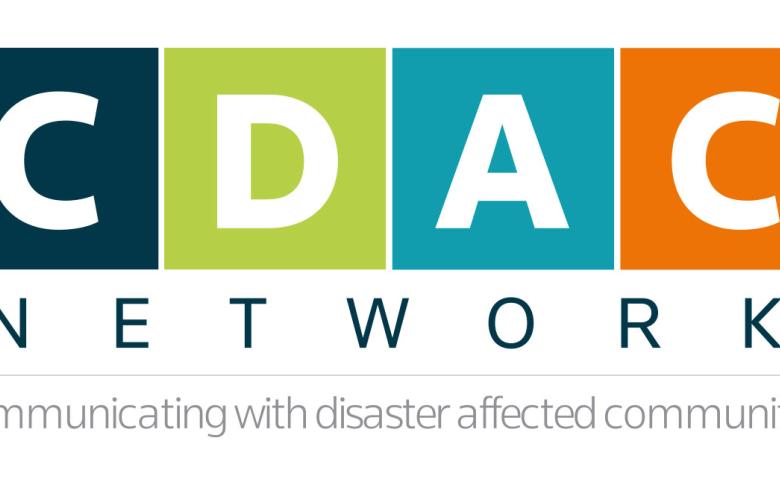Providing technology and losing control

Originally appeared on CDAC Network
As someone who was once mocked for not understanding how to use my own phone, my journey to ICT convert has not been without challenge. But, like all useful things, it has been born from absolute necessity.
In 2011, while facilitating a social media workshop with youth in Internally Displaced Persons (IDP) camps in Haiti, I found myself both heartened and heartbroken by their abundant enthusiasm. They loved learning how to use social media to communicate with each other, with governments and with service providers, but they just didn’t have the access; and without the access, these new skills were close to useless.
A few years and a few emergencies later, a teenage girl from Syria used her smartphone to show me footage of her destroyed bedroom in Aleppo. She read out messages from her cousins, sent whenever they had enough connectivity, to let her know that they were safe but still on the run. After I left, she googled my name and added me to Skype. The first thing she asked me was whether I could send her an under-the-table donation of phone credit. “Please help,” she said. “It is what keeps me sane in all of this.”
There is often a focus among our community on how we can use technology to improve humanitarian accountability – and I can certainly vouch for a need for improvement. Having been responsible for consolidating and coordinating Accountability to Affected People (AAP) efforts, I’ve seen first-hand the challenges and constraints. We never, as a humanitarian industry, get this entirely right. But we also surely need to broaden the way we look at it. As Nigel Fisher recently pointed out, this cannot be all about how ‘we’ talk to ‘them’, or vice versa. We need to think about how we can help to enable the gamut of community-led conversations that need to happen in disaster management for people to stay safe and protected – which means relinquishing an element of control.
The CwC conversation among international aid workers has shifted from ‘we should do this’ to ‘we need to do this better’ to ‘this is a whole lot bigger than us’. This is a good thing. Working with the Emergency Telecommunications Cluster has enabled me to look from the micro to the macro, the public to the private, the ground to the sky. The cluster’s new direction sees a big expansion, from services to ‘humanitarians’ as we once knew them (because in reality, the ‘humanitarian community’ has always been much broader than the handful of international actors that instantly come to mind), to services for affected populations and governments. At the recent CDAC Network Members’ forum, it was clear that this, along with associated work like the mobile connectivity charter, could have an immense impact on the way we not only ‘do’ community engagement as agencies, but how we can coordinate it. But for that to happen, we need to be prepared to let go. As big agencies we need to do things that scare us. We need to provide the space for people to openly criticise us and say things we don’t like – not in a feedback box, but broadcast for the world to see. We need to give affected communities the option to communicate – not just with ‘us’, but with whoever they need to. We need to empower communities to manage their responses to disasters in the ways that they know best.
Improving the speed and ease with which disaster affected communities can communicate with those in a different physical location can mean greater protection, quicker family reunification and improved likelihood of matching needs with resources. The technology behind this will never be a panacea in itself, but it can be one heck of an enabler. If people can easily communicate with whoever they need to, for whatever purpose they need to, we are doing our jobs. For this to happen, we need to get vastly better at working with the private sector. Big ICT will never replace the power of a good old fashioned conversation, but if it can enable millions of these conversations to happen, faster, and in more remote corners of the globe, the ability of affected populations to take the reins and #reshapeaid surely increases.
By Meghan Sattler, CwC Advisor